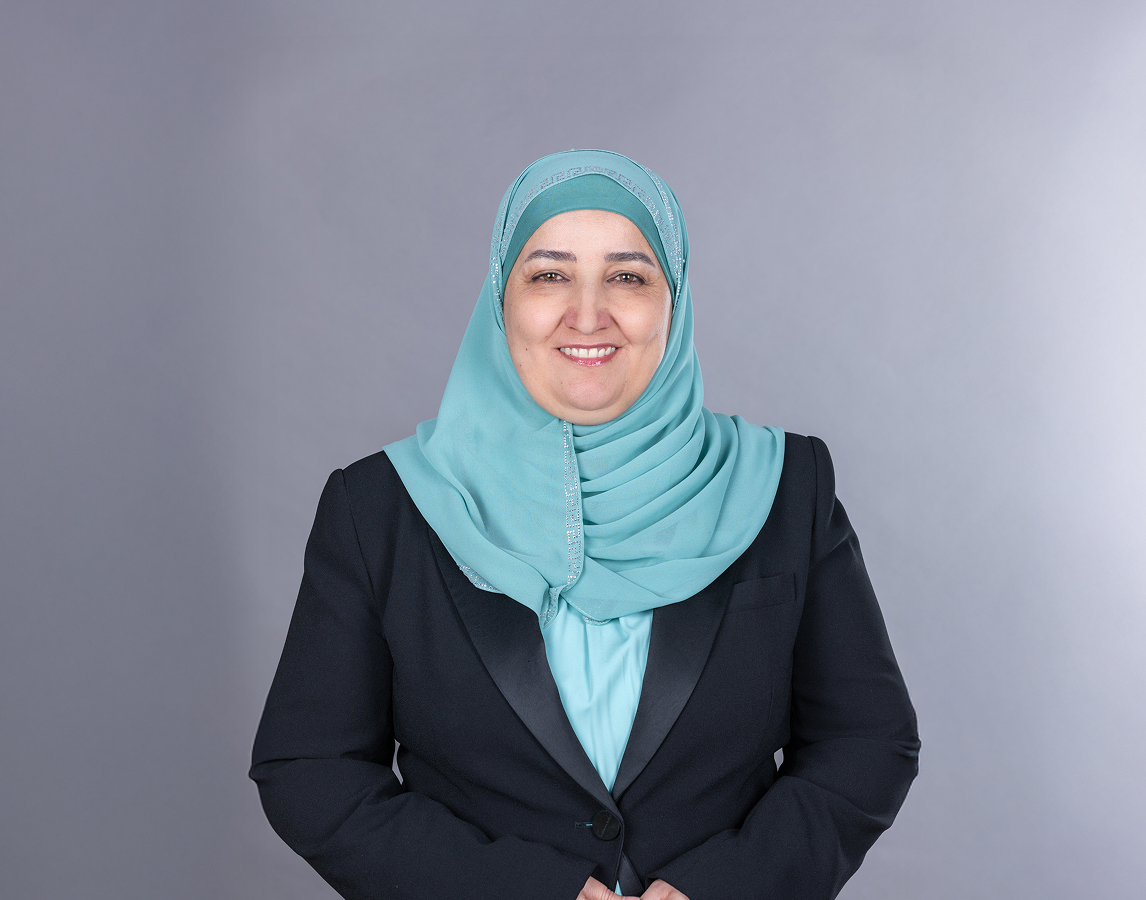Our children face “pretraumatic stress” from worries about climate change

Children are particularly vulnerable to the psychological trauma from current extreme weather events. They can also be harmed by the fear of future harms, writes Lise Van Susteren. Adults have the power to do something about it.
The scientific consensus is overwhelming: serious harms related to anthropogenic climate change will increase in intensity and frequency for years to come (https://climate.nasa.gov/effects/). This century, resulting resource scarcity, geopolitical upheaval, and humanitarian crises will render parts of the world uninhabitable. Without meaningful action our children face an increasing toll of physical and psychological injury.
Today’s floods, storms, droughts, heat waves, wildfires, and pandemics related to climate change traumatize us. But trauma can also arise from fears of future threats, giving rise to “pre-traumatic stress.”
Angry, terrified, and in despair
As expert witness on the psychological damages to 21 youth plaintiffs suing the US government for climate inaction, I reported on their stressful and dominating feelings of powerlessness, uncertainty, and abandonment.
Children are protesting in the streets to demand climate action. Many report feeling angry, terrified, and in despair. Some see no purpose in life, believing the world will soon be unrecognizably damaged, or that they may soon be dead.
Experiencing or witnessing life threatening events can cause deep and persistent psychological trauma. If severe this can lead to post traumatic stress disorder (PTSD). Children have been diagnosed as having PTSD after experiencing extreme weather events. Symptoms may appear months later, sometimes triggered by a new trauma. PTSD may also be diagnosed after indirect exposure to trauma, from reflecting on traumatic experiences that relatives or friends have endured or even, simply, from repeatedly hearing details of traumatic events.
The capacity to heal from the psychological impacts of traumatic events depends on many factors. When disasters are experienced as entirely “natural” healing may be less arduous: perhaps we more readily accept that we are powerless over fate. But when the injury or loss reflects human error, carelessness, or negligence, healing may be complicated by thoughts that the event could have been avoided (https://static1.squarespace.com/static/571d109b04426270152febe0/t/5cafa8de085229a0ee2a35f5/1555015906660/Doc+271-1+Van+Susteren+Expert+Report.pdf) We know that natural disasters are not entirely natural anymore: their frequency and intensity reflect the ongoing choices humans are making.
Having some control over how we respond to current climate disasters can bolster our resilience, facilitating recovery. We may have time to choose to flee or hunker down. Impacts may be experienced in phases, helping us muster the psychological defenses needed at each moment. Shared experiences mean victims can lean on each other, providing community solidarity.
Psychological harms from worries of future disasters are different. There is no reminding ourselves that the stress is a remnant of the past. Our options to control the situations envisioned are few, engendering helplessness.
Damaging life-long consequences
Chronic stress can permanently affect brain development as well as brain functioning. Exposure to climate related stress during early development may have damaging life-long consequences, including maladaptive behaviors, memory problems, problems with attention, diminished inhibition, difficulty regulating emotions, impaired decision making, impaired problem solving, behavioral problems, and priming for future stressful events (https://static1.squarespace.com/static/571d109b04426270152febe0/t/5cafa8de085229a0ee2a35f5/1555015906660/Doc+271-1+Van+Susteren+Expert+Report.pdf)
Psychological and behavioral problems can interrupt schooling and social life. High levels of stress over time can also cause physical harm: cardiovascular damage, hormonal changes and infertility, and compromised immune function.
Exposure to trauma can also alter the expression of genes. (https://doi.org/10.1016/j.neubiorev.2014.11.013; https://doi.org/10.1038/ncomms6466; https://doi.org/10.1086/598822) Even in the absence of the trauma, this activated state can be passed down to future generations epigenetically. Thus the trauma that children are experience due to acute and chronic climate stress could have transgenerational impact.
Climate disruption requires immediate action to reduce multigenerational psychological harm. Calls for a UN led strategy to protect the mental health of young people should be loud and unrelenting. Funding for regional resilience councils is needed to assess, and prepare for, local risks (http://www.theresourceinnovationgroup.org/intl-tr-coalition/). Academic institutions must deploy their vast resources to work with communities to find solutions. Educating medical professionals to become experts and advocates for healthy climate policy must become a requirement. Mental health professionals are at the core of the call for behavioral change, justifying a new subspecialty in climate and mental health.
Our children cannot be relieved of their fears with words. Real menace is thrusting them into existential uncertainty. We must acknowledge that children’s psychological wellbeing is on the line. Holding ourselves accountable now for their outrage and despair is crucial, not only for taking meaningful action but also to show them that we care. Unless we act, the injustice they and future generations face will have them regard adults today as depraved and demented to have stood by knowing what would happen. Intergenerational injustice such as this meets a definition that has a name: child abuse.
Children do not want to hear from adults about what a good job they are doing to save the world. As the teenage climate activist Greta Thunberg has said, “I don’t want you to be hopeful. I want you to panic. I want you to feel the fear I feel every day. And then I want you to act.”
Lise Van Susteren, psychiatrist in private practice in Washington, DC. Lise Van Susteren recently authored the book Emotional Inflammation, with Stacey Colino.
Competing interests: I have read and understood the BMJ Group policy on declaration of interests and have no relevant interests to declare.
Provenance and peer review: Commissioned; not externally peer reviewed.
This article is part of a series commissioned by The BMJ for the World Innovation Summit for Health (WISH) 2020. The BMJ peer reviewed, edited, and made the decisions to publish. The series, including open access fees, is funded by WISH.



